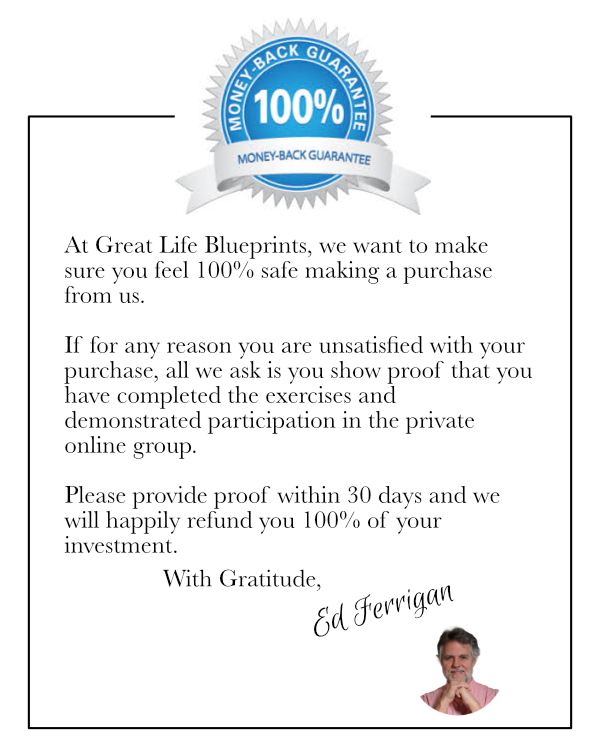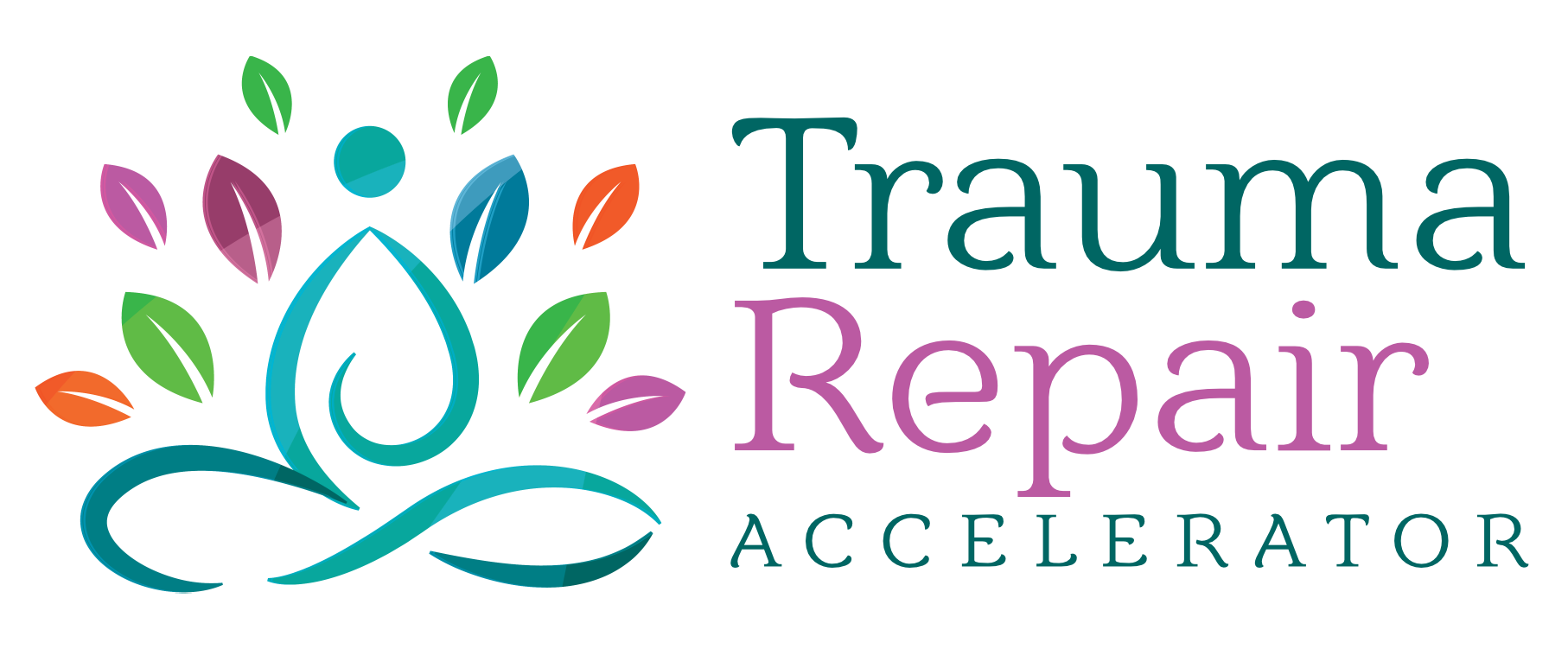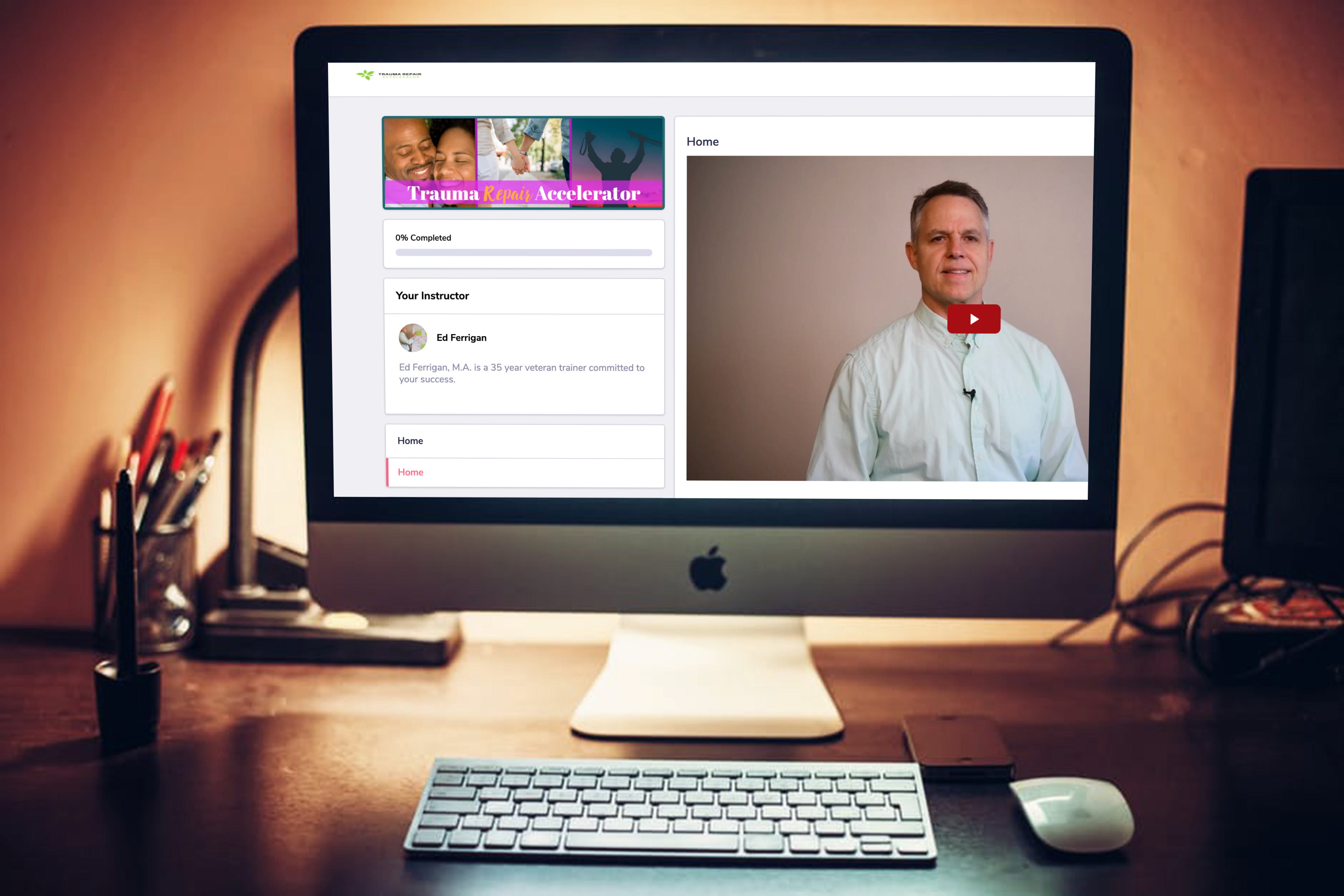THERE IS A VERY PRECISE METHOD OF RELEASING TRAUMA THAT IS STORED IN YOUR BODY MEMORY SYSTEM. KEEP READING TO FIND OUT IF IT WILL WORK FOR YOU...
Imagine your life without self-doubt, depression, binding shame, daily arguments, or chronic health issues...
You will see a lot of program's today promoting how to have your best possible life. I have yet to see one of them address how underlying trauma affects your ability to sustain the practices they recommend. The effects of developmental trauma is not always easy to see.
The proof is are you happy with your current results? Look at your relationship, if you are in one. Look at how excited you feel day-to-day? Do you like what you see when you look in the mirror? How about your financial well being? Are you in a career that you are passionate about? Are you motivated to take care of your body?
Rarely, have I found a person that didn't have some kind of developmental trauma. Here are examples in case you are wondering what I mean:
Low self worth (You get nauseated when you think of public speaking, get anxious before you try new things, negative self talk when you look in the mirror, or even disgust over your body or looks, depression)
Sense of not belonging anywhere (Feel lost, no or only a few friends, no one reaches out to you, one sided friendships, insatiable desire to feel like home)
Addictions (Over eating, drugs, sex-pornography, alcohol, binge watching Netflix)
Feelings of shame when things don’t go right (a sick feeling in your gut)
Fear of being seen (You avoid experiences that might expose you or draws attention to you)
Afraid to speak up (Shut down, get quiet, or even shrink when you disagree)
Regular bouts of feeling victimized (Negative whining tone when complaining to friends
Fear of intimacy (Push people away when they get too close, sabotage relationships, pick people where you know it won’t work)
Fear of sexuality (Inhibited, frigid, avoid the conversation, avoid the situation, or the extreme opposite behavior)
Financial issues (Struggle with jobs or self employment, Poor spending habits, Debt)
Arguing and fighting with partner
Discounting your talents (Negative self talk, shun or deflect appreciation from others)
What I have found is the recommended solutions by the “guru’s” don't address an underlying issue that causes you to return to your old ways - causing you to wonder why nothing seems to work. You start with good intentions. You do everything they tell you to do. You create a "system" to make sure you follow through. Then suddenly, some impulse or distraction redirects you. It could be another method or framework that you imagine might get you there faster. So you ping to another program. As you look back over the years, it's easy to see something has gone wrong and regret sinks in. The challenge though, after so many trial runs, is to believe anything is more than just another "program or framework" to entice you. Now you don't even trust yourself to know the difference.
I finally learned how to put a stop to the nonsense and I want to share that with you today.
A couple years ago, I went back and reviewed hundreds of sessions I had with clients. After highlighting and cataloguing hundreds of remarks and role plays we practiced, I saw a common thread amongst the sessions where clients reported breakthrough success. I then filmed lessons for each of the practices and principles I discovered. You can now access this information below.
The goal of the program is to give you the essential tools to make you aware of any developmental trauma that is still interfering with your success today. As you practice the lessons, you will begin to see the habits, patterns, and beliefs that have always been there, right under your nose. I will then show you how to identify them and what to change to get a better result.
And I won't sugar coat this for marketing reasons. Your coping mechanisms and beliefs get modified the more you practice. Feel free to send me an email at [email protected] if you have any questions.

The first part of the program orients you on the basics of trauma. It’s like having a map of the terrain so you can plot your course. You will learn the language of trauma so you can articulate your experience and stay excited about the practices in part two and three that begin the transformation process. Learning these basics will be like learning the A,B,C’s in grade school. Once you understand them, you will have more hope and confidence moving forward. The goal of this part of the program is to assist you to move forward with confidence and trust in the process and where it is taking you. Get ready to feel the excitement of having your life back.

One of the fastest ways to heal trauma is to bring to light the beliefs, decisions, and things you do that keep it active and unresolved in your body. Trauma is stored in your implicit memory system. This memory system is on autopilot. You have emotional energy, assumptions, beliefs and coping mechanism stuck there. In part two of the Trauma Release Accelerator, you will learn several ways to identify these patterns so you can interrupt them and finally find resolution. My Tibetan teacher used to tell me, “You need to plug the holes in your leaky bucket.” Good advise as I look back 25 years later. Together, in this program we will repair the leaky bucket!

When you get acquainted to your inner landscape you receive a gift. Let me explain…
The earlier in life we start feeling bad the more identified we are with the pain. When we are little we cannot discern that others are actually the problem. We then make a meaning out of what our bodies mean to us. Most of the time it’s not good. In this Module, you’ll learn how to dis-associate from the old feeling and who you thought you were and re-associate with the real you.
After you work your way through this section, you will learn to appreciate how the body is always giving you feedback now that you know how to listen.

In this section of the Trauma Release Accelerator, you will learn a multitude of new skills that will consistently give you relief. Over time, and with regular practice, you will soon feel the relief that comes from these practices. One of my teachers, Dr. Peter Levine, says, “Good trauma therapy is when the client is feeling better and they don’t even know how it happened.” The practices in this section, will slowly discharge the pent-up energy in your nervous system. As this happens you’ll organically begin to see life from a new lens, end the coping patterns, and change your beliefs about the world permanently. Then you start getting better results without so much effort.
Trauma is about energy stuck in the nervous system NOT the event. When you release the “stuck” energy, your body begins to self regulate and feel safe again. Only then, can you achieve a fulfilled life.
- Ed Ferrigan, Creator of the TRA-10 Trauma Healing Model
If you are a human being you are vulnerable to trauma. In particular, early life or developmental trauma is insidious. Most people who have been traumatized in life had issues happen to them so early in life they don’t know what it is like to be without it. I was one of those people.
Fortunately I had the awareness that something was wrong and continually sought out help. By the time I was in my late 20’s I knew life was way harder than it needed to be. But I was at a loss to know how to correct it. But I stayed open. Always learning. Always growing. By the time I was 35 I had had enough. My mother passed away and I went into post traumatic stress.
This is when I started to realize there was something very powerful about the unconscious memory system in our bodies. I sought out to understand how it worked. Then in 2004, I had another severe case of PTSD after an unexpected break-up. This is when I learned and started practicing Somatic Experiencing. A unique process for releasing trauma from the body. It changed my life. Over the next few years, I got certified as a practitioner. Many of the tools you will learn in the TRA-10 process came from this training along with intense studies on attachment theory and neurological science.

Component #1: Step-By-Step Video Lessons
Part 1: Trauma Basics
The Activation-Regulation Cycle Explained
The 4 F’s of Flight, Flight, Freeze, Faint
Stimulus or Cue, Routine, Reward Model
Orienting
Discharging
Part 2: See Your Blindspots
Visioning For Success
The C.A.M.B. Model
Naming Emotions
Fear Based Strategies
Transitions
Broken Agreements
Part 3: Refriend Your Body
Tracking Sensations
Naming Emotions
Wants & Needs
What's in Your Control
Learning to Love "What Is"
Part 4: Loosening The Grip
Witness Observer
Resourcing Yourself
Attunement
Tracking The Breath
Tracking Sensations
One Breath "What is True" Statements
Notice what is positive & different
Component #2: Advanced e-Learning Via Weekly Email Training
Integrate each video with a weekly prep email describing the situation and how to apply what will be in the next video. It tees up the next lesson in a way you are eager to watch, practice the lesson, and know how to apply it. Each week you’ll get a specifically designed email to open the lesson, offer insights, and help you frame up how to think about the video as you work your way through it. It will keep you motivated and offer you timely insights. ($150 Value)
Component #3: Lesson Worksheets
Along with each video and emails you will have PDF worksheet to follow for each exercise. It will help you to have recorded notes of what is working and what you need help on. ($100 Value)
Component #4: Feedback Systems
There is a feedback button on every video-lesson page that keeps me informed and a pulse on what is the program needs further explanation. I regularly monitor this feedback and when needed will offer weekly on-line sessions to clarify concepts, exercises, or how to handle specific situations. (no charge)
Component #5: Lifetime Updates
For the time being I am offering lifetime updates to the Trauma Release Accelerator. Neuroscience, trauma research, attachment theory, other up-and-coming psychological models and my own insights continue to refine my knowledge of the principles and I want to continue to share them with you. It is one of my life goals to create a program that has the potential to change the world. The Trauma Release Accelerator or TRA-10 System is the foundation of that. ($300 Value)
Component #6: Private Discussion Group
One of the biggest challenges with integrating any new information is how our brains are wired to like patterns. *Until you experience something you will not know if your pattern is promoting your learning or resisting learning.* What we know for sure in brain science is our brains can change but you must give it a reason. Learning from others is another way to embody the TRA-10 concepts. I encourage you to utilize this private group and save yourself a lot of time and money. ($300 Yearly Value)



Click the button below to get started and within a few minutes you’ll have access to the Trauma Release Accelerator


Step-By-Step Video Lessons For Learning Self Regulation ($595 Value)
Advanced E-Learning via Email Lessons ($100 Value)
Worksheets to supplement the lessons ($20 Value)
Group Feedback For Upgraded Lessons ($100 Value)
Lifetime Updates ($300 Value)
Private Discussion Group ($300 Per Year Value)
12 Personal Recorded Zoom Calls with Ed Directly ($1500 Value)
Step-By-Step Video Lessons For Learning Self Regulation ($595 Value)
Advanced E-Learning via Email Lessons ($100 Value)
Worksheets to supplement the lessons ($20 Value)
Group Feedback For Upgraded Lessons ($100 Value)
Lifetime Updates ($300 Value)
Private Discussion Group ($300 Per Year Value)

Ed Ferrigan has been running his own practice since 1997. He has a Masters in psychology from Antioch University, is certified as a Co-Active Coach From The Coaches Training Institute, certified as a Family Constellation Facilitator, certified in The Hendricks Body Centered and Conscious Relationships Program, and has the highest designation in the Peter Levine's Somatic Experiencing Trauma Healing Process. Has worked with over a thousand happy clients in the past 24 years...
This is a good question. I've done my very best to select and assemble 23+ years of research and field testing with hundreds of traumatized people I’ve worked into a system that is easy to see the results.
And there are some other indicators that I think create a solid container for trusting this process...
My mentors, a group of the most dedicated trauma researchers who have been in the trenches for 30+ years (John Gottman, Gay & Kathlyn Hendricks, Allan Schore, Bessel van der Kolk, Larry Heller, Peter Levine, Pat Ogden, Susan Johnson, Harville Hendricks, Bert Hellinger, and dozens of others)
Information validated by thousands of therapists who use these tools
Tools designed and researched by the best in the business
Results from my own clients who's lives have drastically changed for the better
I personally use the tools daily and experience the results to determine what works and what doesn’t and what you have to do to implement them
That I too have been through the struggle and got through to the other side
I know what it takes to work through life's worst stuff (like losing a job, wife, and 20 years of personal savings ...all in one month)
And I know what it’s like to drop the mask of trying to fit in and finding the real you underneath it all… so you approach life from an authentic perspective
Sometimes people are just not ready. I have found that some people are coerced into coming to therapy and unfortunately that never works. There is often not enough motivation or understanding of the value.
You see, in the past when they reached out they got slammed so why would they want to reach out now?
It can be terrifying for people who got "less than adequate support" over-and over-again when they were little to reach out later in life. It can literally seem like a life-or-death choice.
I get it. I was one of those people. I tip-toed into therapy.
Most people that could use the help need a lot of motivation to overcome the beliefs they acquired when they needed help early on.
Often, there is zero trust in others. (This is a perfect example of how your unconscious motivates you out of your awareness.)
There are certain signs of people who won't make it in any program. (Continuous excuses, lack of commitment, avoidance, no follow-through)
If you relate strongly to any of the points below, consider it may be a challenge for you to succeed - even though you may have a "hint" of desire...
Here are some signs to pay attention to...
If you are fed up and don’t want to try any more
If you want to continue to blame others for your problems
Believe in keeping secrets from those you love
It seems too scary to investigate what it takes to change old patterns
Deathly afraid of what truth you might find out (hint: it's never what we think it is...)
People who are afraid of psychology and resist others perspectives for fear of losing control
If you are closed minded and ego driven
If you don’t want to change and think other people will have to change
People who jump from one therapist (or coach) to another blaming the therapist
People who don’t want to admit when they are wrong
And a biggie… if you justify money as the barrier to getting help (yes, there are some people who flatly cannot afford my services and they are not who I'm referring to here :))

My heart wishes you goodness in life and I look forward to seeing you in the program.
Blessings today!
